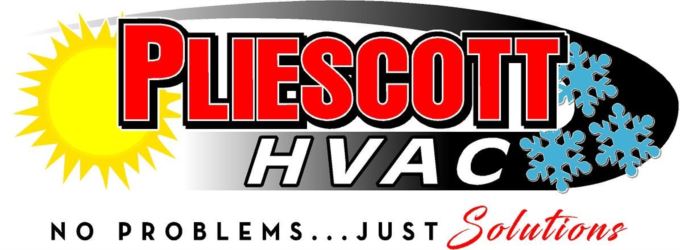
We spend a lot of time inside. In fact, the Environmental Protection Agency (EPA) has determined being indoors makes up 90% of our days. However, the EPA also says your indoor air can be three to five times worse than outside your home.
That’s since our homes are securely sealed to boost energy efficiency. While this is great for your energy costs, it’s not so good if you’re amid the 40% of the population with respiratory allergies.
When outdoors ventilation is limited, pollutants like dust and volatile organic compounds (VOCs) could get trapped. As a consequence, these pollutants might irritate your allergies.
You can boost your indoor air quality with crisp air and usual cleaning and vacuuming. But if you’re still having problems with symptoms when you’re at your house, an air purifier may be able to provide assistance.
While it can’t eliminate pollutants that have gotten trapped in your furnishings or carpeting, it can help freshen the air circulating throughout your home.
And air purification has also been scientifically proven to help lessen some allergic symptoms, according to the American College of Allergy, Asthma and Immunology. It may also be appropriate if you or someone in your household has lung trouble, like emphysema or COPD.
There are two kinds, a portable air purifier or a whole-home air purifier. We’ll go over the distinctions so you can figure out what’s right for your home.
Whole-House Air Purifier vs. Portable Air Purifiers
A portable air purifier is for a single room. A whole-house air purifier accompanies your HVAC unit to purify your full house. Some kinds can clean independent when your heating and cooling unit isn’t running.
What’s the Best Air Purifier for Allergies?
Go after a purifier with a High Efficiency Particulate Air (HEPA) filter. HEPA filters are used in hospitals and deliver the best filtration you can buy, as they catch 99.97% of particles in the air.
HEPA filters are even more useful when installed with an ultraviolet (UV) germicidal light. This powerful combination can destroy dust, dander, pollen and mold, all of which are common allergens. For the ultimate in air purification, think over a system that also has a carbon-based filter to reduce household odors.
Avoid using an air purifier that generates ozone, which is the top ingredient in smog. The EPA warns ozone might aggravate respiratory issues, even when released at small settings.
The Allergy and Asthma Foundation of America has made a checklist of questions to ask when getting an air purifier.
- What can this purifier take out from the air? What doesn’t it take out?
- What’s its clean air delivery rate? (A better amount means air will be freshened faster.)
- How frequently does the filter or UV bulb need to be replaced]? Can I do that by myself?
- How much do replacement filters or bulbs cost?
How to Reduce Seasonal Allergy Symptoms
Want to receive the {top|most excellent|best] results from your new air purification system? The Mayo Clinic suggests doing other procedures to reduce your exposure to seasonal allergy triggers.
- Stay indoors and keep windows and doors closed when pollen counts are high.
- Have other household members trim the lawn or pull weeds, since these jobs can irritate symptoms. If you must do these jobs on your own, consider wearing a pollen mask. You should also shower immediately and put on new clothes once you’re completed.
- Avoid hanging laundry outside your home.
- Use the AC while at home or while you’re on the road. Consider adding a high efficiency air filter in your residence’s heating and cooling unit.
- Even out your home’s humidity saturation with a whole-house dehumidifier.
- Hardwood, tile or linoleum are the ideal flooring materials for reducing indoor allergens. If your house has carpet, add a HEPA filter on your vacuum cleaner.
Let Our Specialists Handle Your Indoor Air Quality Requirements
Ready to progress with adding a whole-house air purifier? Give our professionals a call at 410-228-4822 or contact us online to request an appointment. We’ll help you find the ideal equipment for your residence and budget.
